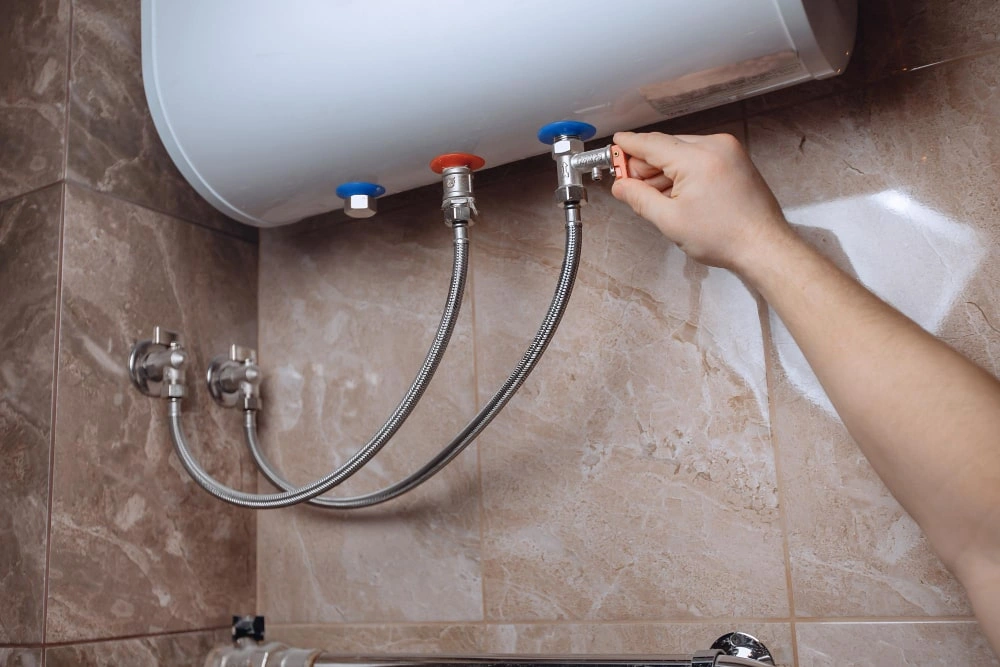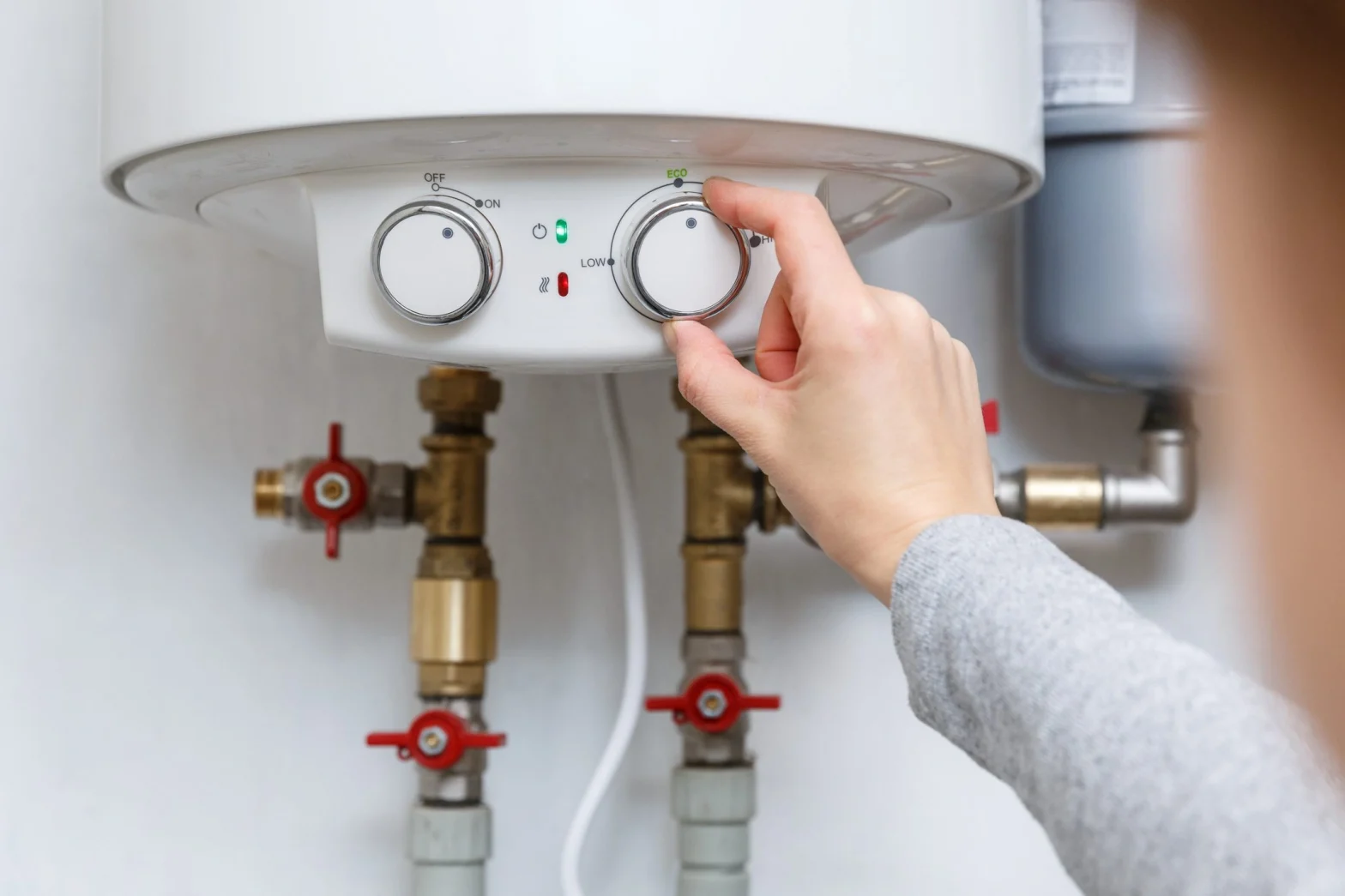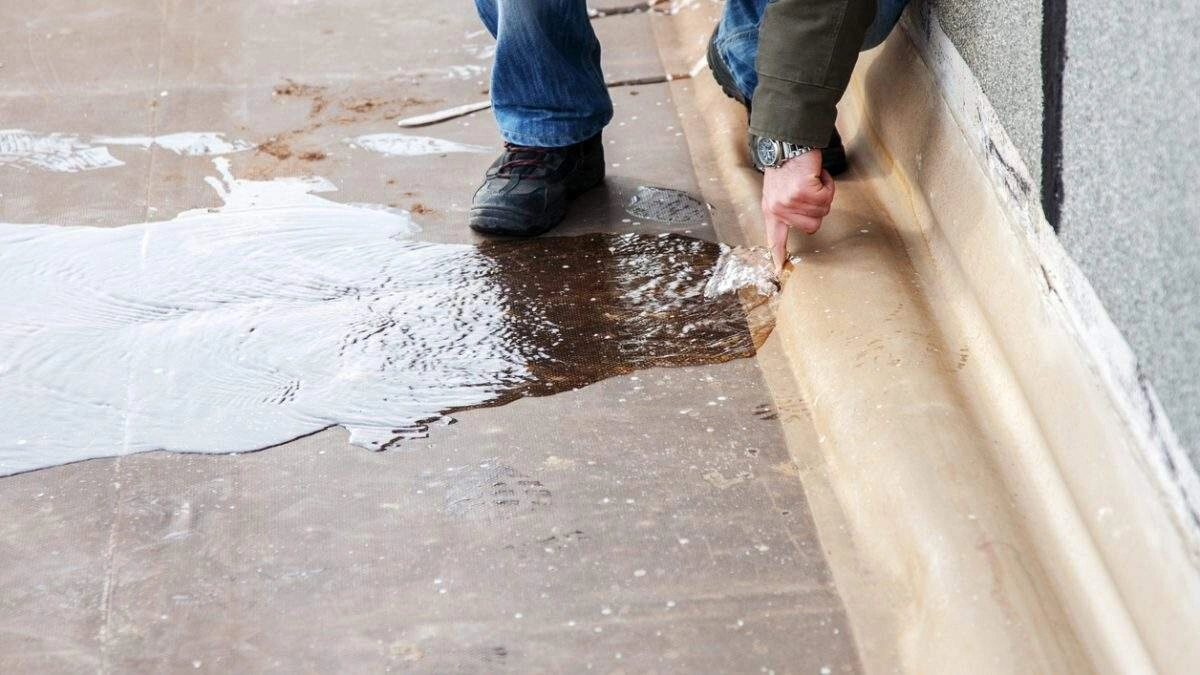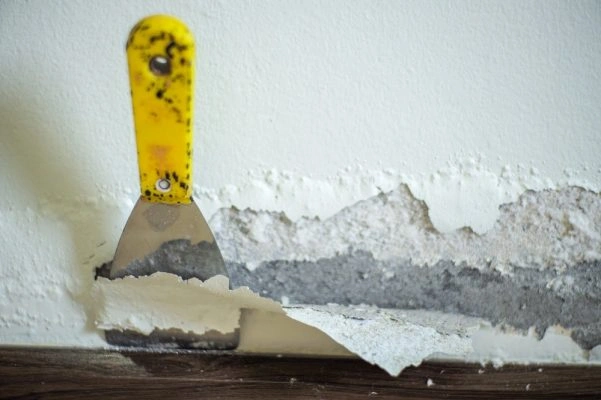Choosing the Right Hot Water System for Your Home
A reliable water heater is essential for modern living, delivering hot water for showers, dishwashing, and laundry. However, with various hot water systems on the market, making the right choice can be challenging. This comprehensive guide will walk you through the options available, ensuring you make an informed decision tailored to your household’s needs and budget.
Recommended reading: how to maintain your water heater
Types of Water Heaters
1. Conventional Storage Tank Systems
Conventional systems are the most widely used. They feature an insulated tank where water is heated and stored until needed. They operate on either gas or electricity and are available in various sizes to suit household demands. These systems are straightforward and dependable but are not the most energy-efficient option.
- Pros: Affordable, upfront costs, easy to install, and widely available.
- Cons: High standby heat loss (energy wasted keeping water hot), limited lifespan of 8-12 years, and may take time to reheat water during high usage.
2. Tankless (On-Demand) water heater
Tankless water heaters provide hot water only when needed, eliminating the need for a storage tank. Water flows through the system and is heated instantly by gas or electric elements. These compact and efficient units make them an excellent choice for modern households.
- Pros: Saves energy by heating water on demand, has a compact and space-saving design, and has a long lifespan (20 years or more).
- The cons are the high upfront cost, the potential need for infrastructure upgrades, and the struggles to meet simultaneous high water demands in larger households.
3. Heat Pump Systems (Hybrid Systems)
Heat pump systems use electricity to move heat from the surrounding air or ground to heat the water, making them highly energy-efficient. These systems are ideal for homeowners looking to reduce their carbon footprint and save on energy bills over time.
- Pros: Extremely energy-efficient, significantly lowers energy bills, and environmentally friendly.
- Cons: Higher initial investment, requires ample space for installation and performs best in moderate climates.
4. Solar Hot Water Systems
Solar systems use energy from the sun to heat water through rooftop solar panels. These systems come with a storage tank and are highly sustainable, making them perfect for eco-conscious homeowners in sunny regions.
- Pros: Reduces energy bills significantly, is environmentally sustainable, and is excellent for sunny climates.
- Cons: High installation costs, performance dependent on sunlight, and may require a backup system for cloudy days.
5. Condensing Systems
Condensing systems are specifically designed for homes that use natural gas as their primary energy source. They utilize the heat from exhaust gases to heat water, resulting in excellent energy efficiency.
- Pros: It is energy-efficient for gas-powered homes, ideal for large households with high hot water demands, and environmentally friendly.
- Cons: Requires natural gas infrastructure, higher installation costs, and limited availability in certain regions.
6. Point-of-Use Hot Water Systems
Point-of-use systems are small, compact units installed near specific fixtures, such as sinks or showers, to deliver hot water instantly. These units are typically used as supplemental systems for remote or low-demand areas in a home.
- Pros: Provides immediate hot water, is compact and easy to install, and reduces wait times.
- Cons: Limited capacity and not suitable for whole-house use.
Factors to Consider When Choosing a Water Heater
Selecting the right hot water system involves balancing various factors:
- Household Size: Larger households generally require higher-capacity systems like conventional or condensing systems. Smaller homes may benefit from tankless or point-of-use units.
- Energy Efficiency: Look for ENERGY STAR-certified models to reduce energy bills and environmental impact. Solar and hybrid systems are top choices for energy efficiency.
- Budget: Consider the upfront costs, installation expenses, and long-term energy savings when choosing a model.
- Space Availability: Ensure sufficient space for more extensive storage tanks or heat pump systems. Compact options like tankless systems may be preferable for smaller homes.
- Climate: Solar and heat pump systems perform best in specific climates, while conventional or tankless units are more versatile.
Calis Choice Can Help
Choosing and installing the right water heater can feel overwhelming, but you don’t have to navigate this decision alone. Calis Choice offers expert advice, professional installation, and maintenance services to ensure your hot water system meets your needs. Contact us today to schedule a consultation, and let us help you find the perfect solution for your home.
FAQs
Q: How do I know what size hot water system I need?
A: The size of your hot water system depends on your household’s hot water usage. For example, a family of four may require a 50-gallon tank, while a smaller household could opt for a tankless model designed for lower water demands.
Q: How often should I replace my water heater?
A: The lifespan of a hot water system depends on the type and maintenance. Conventional units last about 8-12 years, while tankless systems can last 20 years or more with proper care.
Q: Are tankless systems worth the investment?
A: Tankless systems are energy-efficient and have a longer lifespan, making them a worthwhile investment for many homeowners. However, they come with higher upfront costs and may require infrastructure upgrades.
Q: What is the most energy-efficient water heater?
A: Solar systems and heat pump systems are the most energy-efficient options. They use renewable energy sources or transfer heat instead of generating it, significantly reducing energy consumption.








